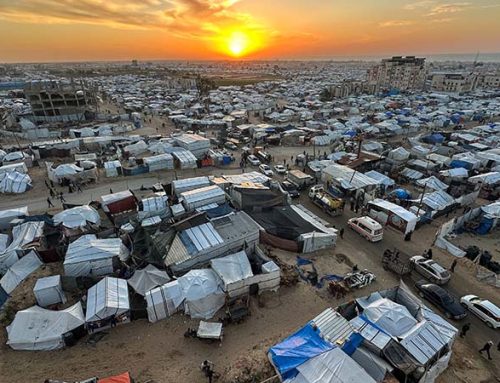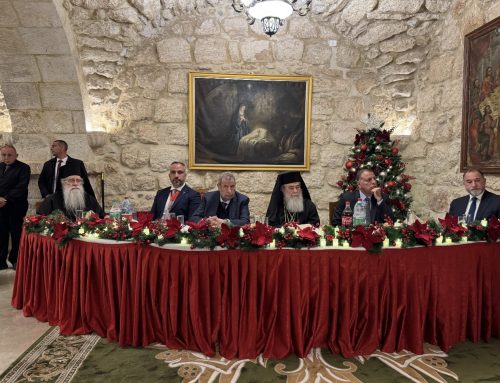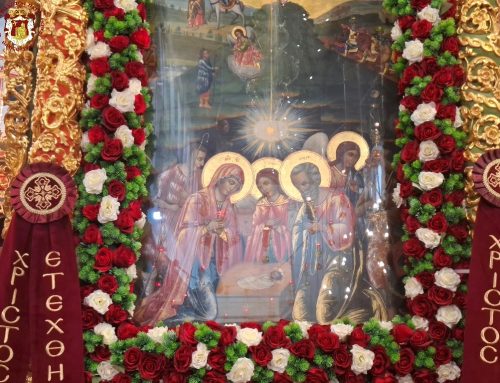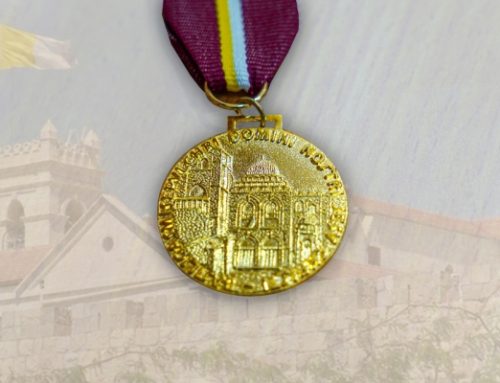Father Pierbattista Pizzaballa shared this reflection with Vatican Radio, in response to the new increase in tensions between Israelis and Palestinians.
A terrorist bombing March 23 at a bus stop in Jerusalem killed one person and wounded more than 50 others; such an event has not occurred in Jerusalem since 2008, when a Palestinian extremist entered a rabbinical school and killed eight students.
The Israeli air force launched attacks against three sites in the Gaza Strip the next day, as at least 11 rockets were fired into Southern Israel.
“I hope that it’s not a going back and a reopening of a strategy of terror, as we saw in recent years,” Father Pizzaballa said. “I hope it will remain an isolated incident. Nevertheless, it’s true that there has been a sort of deterioration, first of all in political relations and then, consequently, in everything else.”
The Franciscan characterized political leaders as seemingly “paralyzed.”
“From my point of view, they are afraid, or at least, they don’t have the strength to take big decisions, because courage is necessary on both sides, and this creates a climate of ever greater mistrust, with reciprocal accusations, which then creates a situation, I’m not saying of barbarization, but of deterioration,” he said.
Speaking of the situation in Gaza, the priest noted how the increased violence is “something which, unfortunately, we have already seen in the past and which seems to be acute again at this moment.”
“Let’s hope it is a parenthesis and not, in fact, a going back,” Father Pizzaballa stated.
In regard to the question of the Gaza Strip and of the settlements of colonists in the West Bank, Father Pizzaballa suggested that this “is the decisive question, which the political authorities, on both sides but above all Israel, must take in hand sooner or later. Perhaps the conditions don’t exist; I don’t know, I do not wish to enter into refine political questions.”
Spiral
Meanwhile the apostolic nuncio in Israel, Archbishop Antonio Franco, lamented the “innocent victims of situations that can certainly be resolved and that call for a commitment for their solution, but which certainly are not resolved with violence and the death of innocents.”
He told a weekly program produced by the Custody that such events are admonitions and calls. “My prayer goes first of all to the victims, but it also goes to the Lord, that he will illumine, so that there won’t be a new spiral of violence, which leads also to more serious tragedies and sufferings,” the nuncio added.
Archbishop Franco said yielding to discouragement is useless. Rather “the reality imposes a commitment and it imposes it according to the responsibility of each one.”
“Situations of injustice, of tension, of difficulty cannot last for long,” he said, “because every now and then there is one who thinks of giving a signal, a message, using mistaken methods.”
To find solutions, the nuncio added, “what is needed is the good will of all parts that are implicated and one needs the effort and the commitment of all. And the one that is directly involved is the international community.”





